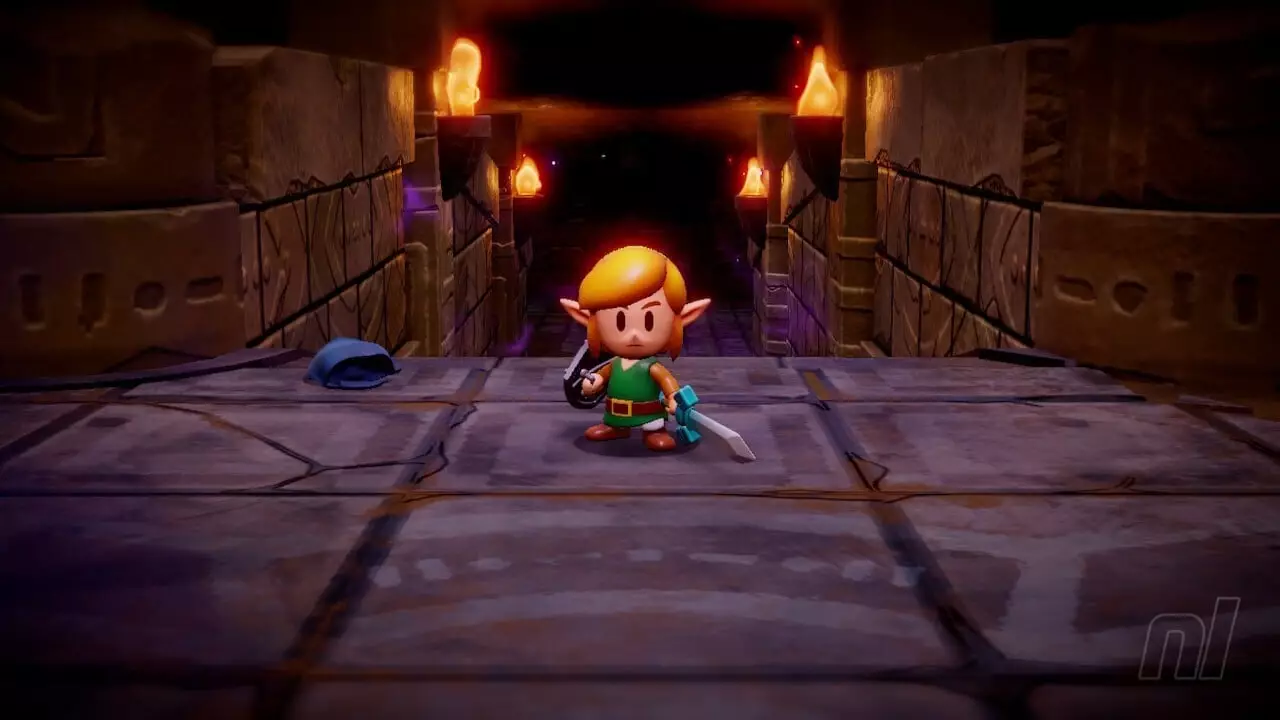The “Legend of Zelda” series has long captivated audiences with its engaging gameplay, rich storytelling, and iconic characters. With the release of “Echoes of Wisdom,” the franchise introduces a notable shift in focus and character development, particularly regarding Link’s silent persona. For the first time in a mainline Zelda title, the traditionally voiceless protagonist encounters an interesting transformation—his muteness has been contextually explained, providing a fresh take on his character.
In “Echoes of Wisdom,” players experience the significant shift of Zelda as the primary playable character, allowing fans to engage with her narrative arc in unprecedented ways. This move not only showcases Zelda’s strength and capability but also leads to thematic explorations of agency and heroism. While the significant change introduces Zelda as a powerful figure, it raises questions concerning Link’s role in this dynamic. Despite having only a short playable segment at the start, the absence of Link’s usual conversational interactions is felt throughout the game.
The game retains Link’s traditional characteristic of not speaking verbally—a point that has long been a hallmark of his character. However, “Echoes of Wisdom” takes a different approach by offering a narrative rationale for this silence. Rather than merely presenting Link as a mute hero, the developers cleverly weave his muteness into the fabric of the game’s plot. Players discover that Link, like some trapped in the rifts scattered throughout Hyrule, has lost his voice as a direct consequence of his experiences. This detail deepens the existing lore of the franchise while providing context that enriches the narrative experience.
Link’s inability to communicate verbally with other characters serves as a compelling thematic device. The connection between his silence and the fate of other victims of the rifts illustrates a more considerable loss that resonates beyond individual experiences. The revelation that many children trapped by these rifts similarly “lost something” invites players to reflect on the sacrifices characters make in their endeavors—something that is poignantly underscored by the immersive storytelling synonymous with the Zelda series. This resonance pushes players to explore not just the adventure’s surface but also the emotional and psychological undercurrents of characters they engage with.
Though Link’s character traditionally remains a silent avatar for players, “Echoes of Wisdom” challenges fans’ perceptions by providing essential context for his muteness. While players have seen Link engage with the world through gestures and actions, this newfound explanation prompts players to consider how much voice and dialogue—or lack thereof—contribute to a character’s depth. It raises questions about what it means to be a hero and how personal experiences shape that identity. Link’s experiences are not simply relegated to gameplay mechanics; they become integral to the storytelling.
The decision by Nintendo and Grezzo to explain Link’s silence in “Echoes of Wisdom” offers both an amusing and thoughtful nod to the series’ longstanding traditions. While some players may lament the absence of direct dialogue from Link, the game masterfully illustrates that his journey is much deeper than mere words. This layered exploration of character development enhances the emotional stakes, leaving players contemplating the ramifications of silence in storytelling. As fans reflect on this engaging installment, one wonders whether the absence of a voice truly detracts from Link’s legacy, or whether it serves as a poignant reminder of the satisfying complexity that lies within his character—one that speaks volumes despite saying nothing.

